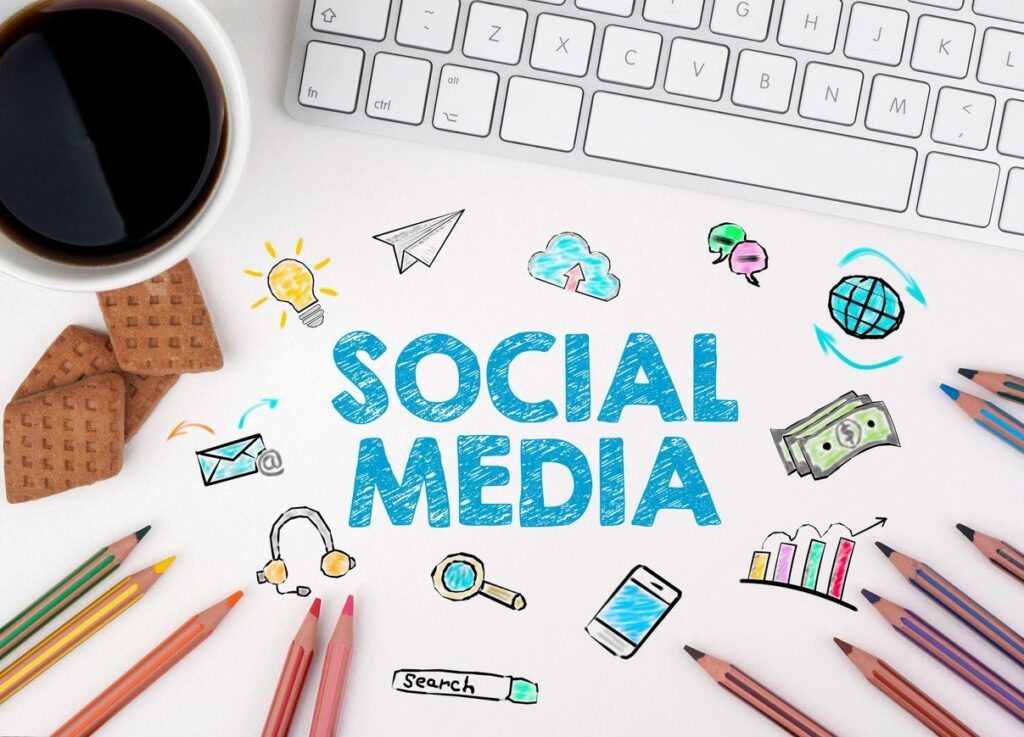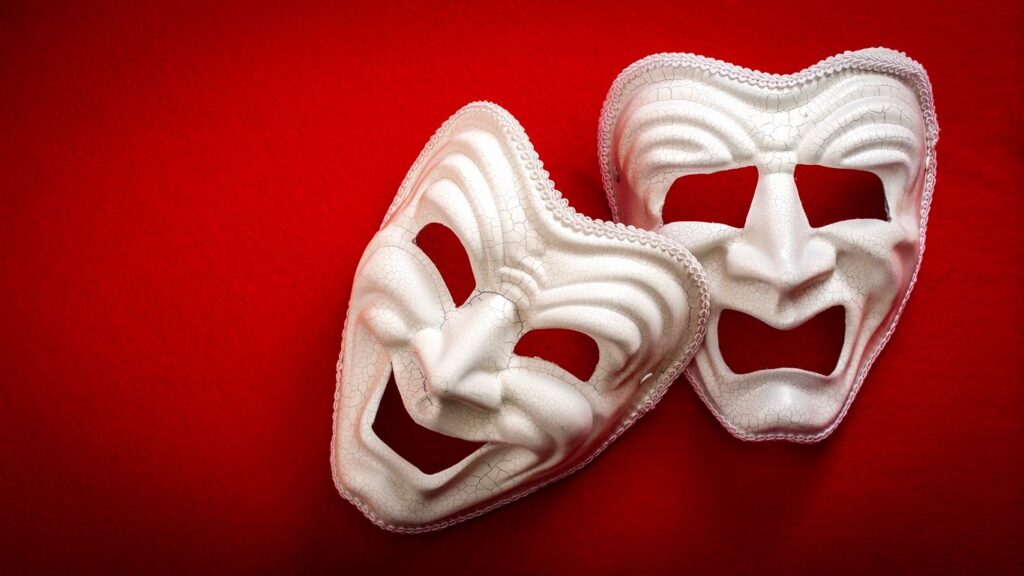Posts by Neil Petersen
Is Exercise and a Nap the Magic Combination for Memory?
Working out and lying around snoozing might seem like activities that are opposites, but sleep and exercise have at least one thing in common: they can potentially boost memory. The cognitive benefits of naps have led some people to suggest that high schools should have nap time, while exercise carries a variety of benefits for…
Read MoreThe Tweets That Go With a Quarter-Life Crisis
From getting married to buying homes, millennials are accused of doing everything later. But that’s not true when it comes to having life crises. As the rise of the term “quarter-life” crisis suggests, having life crises is something millennials seem willing to do early and often. So what do you do when you want to…
Read MoreA Game to Measure Couples’ Trust
Can you measure trust in romantic relationships? A team of researchers in Germany thinks so, and they’ve put forward an activity called the Trust Game for Couples that’s intended to do exactly that. Actually, with a name like that, you could argue that even being willing to play the game in the first place is…
Read MorePerfectionism Can Interfere With Seeking Psychological Help
As I’ve written about before, a desire to be perfect can bring many imperfect consequences, from insomnia to binge eating. Now, a new study suggests that perfectionistic tendencies may exacerbate mental health struggles in a more insidious way: by preventing people from seeking psychological help. In the study, researchers in Canada surveyed 299 college students…
Read MoreThe Dangers of Tying Your Self-Worth to Money
We’ve all heard that money can’t buy happiness, but that doesn’t mean that people’s ideas of “self-worth” and “net worth” don’t start to overlap sometimes. A newly published study gives a warning about the possible consequences of seeing money as something that gives you “value” as a person, so to speak. The authors of the…
Read MoreWhen You See Your Own Emotions in Other People’s Faces
Sometimes our perceptions of others tell us more about ourselves. That can be true in how we interpret other people’s motivations, for example, and a newly published study suggests it can even be true in how we read people’s facial expressions. In the study, researchers in Germany asked 50 participants to interpret pictures of people…
Read MoreDrinking Alone Can Be a Warning Sign in Young People
One of the things about alcohol is that where and how you consume it matters a great deal. Having a beer with a friend? Generally a fun and healthy thing to do. Having a beer while driving? A horrible idea. Having a beer while surfing the internet? Better, but still probably not advisable. Who you…
Read MoreWhat a Connection to Nature Means for Kids
It’s a common complaint that kids these days don’t get outside enough. There may be something to that claim, as well, with parents of 8 to 12 year olds saying in one survey that their children spent three times as much time playing on screens as playing outside. Intuitively, you might suspect that children who…
Read MoreThe Demographics of Humor
Humor is a funny thing. Different people use it in different ways. I’ve touched on this topic in some previous blog posts. People with high self-esteem, for example, tend to use humor to build relationships with others. Undertakers, on the other hand, tend not to use it much at all. Now, a new study from…
Read MoreHappiness Is Possible With a History of Anxiety
Mental health conditions like anxiety can interfere in almost any aspect of people’s lives, with real consequences. And yet, in the long-run, that doesn’t mean happiness is unobtainable. I’m not saying that to provide words of inspiration. I’m saying it because a newly published study suggests it’s true. The study surveyed 2,128 adults in Canada…
Read More









